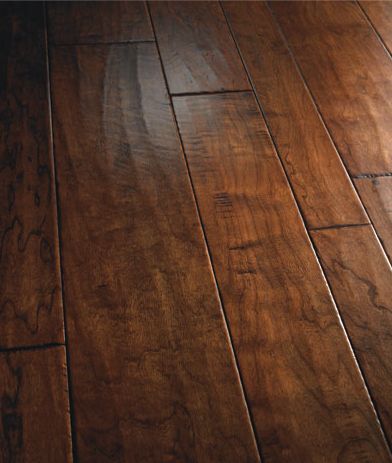There is a
growing need for lightweight materials in the wood products industry due
to the scarcity of primary raw materials derived from forest trees.
Although they weigh far less, recent technological advances are making
lightweight materials as durable and resistant as solid wood.
The EU-funded 'Innovative poplar low density structural panel' (I-PAN)
project is developing novel, eco-friendly and lightweight panels
through innovations in oriented strand board (OSB) manufacturing.
OSB is an engineered panel product made of wood flakes or strands
that are bonded with a resin binder under heat and pressure. I-PAN aims
to improve the manufacturing process of these boards by using poplar
trees sustainably and incorporating about 50 % recycled wood.
Researchers' technological innovations include the development of
improved resins for bonding wood flakes at lower temperatures, and an
optical system controlling wood flake size and orientation. These
breakthroughs enabled reduced resin consumption and led to improvements
in strand drying and distribution, forming mechanically- and
structurally-sound lightweight panels.
Using recycled material and improved resins during manufacturing
will result in reductions in waste, carbon dioxide emissions and raw
material use. Key production steps will require less energy and produce
fewer hazardous volatile chemicals, which dramatically lowers the costs
per unit, as well as environmental impacts.
 EN
EN  CS
CS DE
DE ES
ES FR
FR HU
HU IT
IT PL
PL PT
PT РУ
РУ SK
SK TR
TR УК
УК AR
AR 中文
中文






